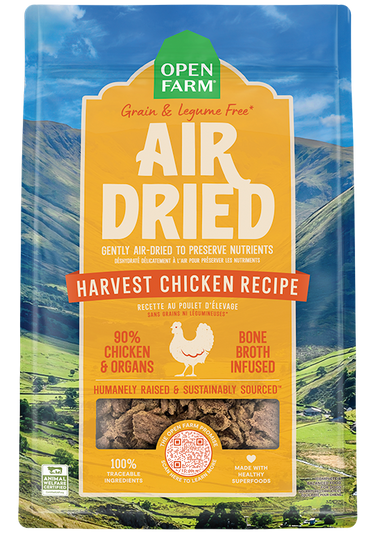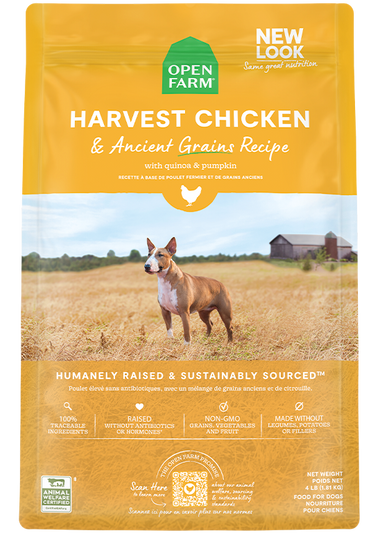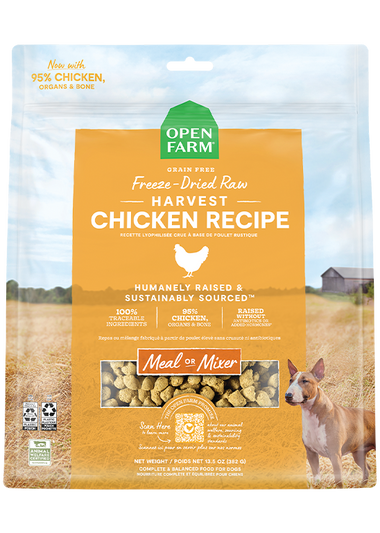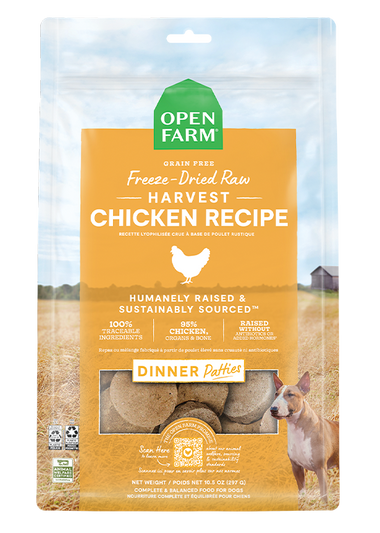There are so many promises plastered all over poultry and egg packaging, it’s hard to tell which terms or certifications promote the most humane practices. The cage-free label has become one of the most common stamps, but most consumers don’t really understand what it means (or what it doesn’t mean).
First, we need to differentiate between the two types of chickens in industrial farming: a) Broiler Chickens – raised for meat and b) Egg Laying Hens – raised to produce eggs.The term “cage free” applies to these two groups in different ways:
Broiler Chickens
Cage-Free is a deceiving label for broiler chickens. It sounds like a better option from an animal welfare perspective, but the truth is that broiler chickens are almost never raised in cages on industrial farms.
Imagine being on a crowded subway, unable to stretch your arms and legs, your entire life. That is the life of a “cage free” chicken raised on a factory farm. The goal of these farms is to grow the chickens as quickly and efficiently as possible, which of course creates a wide spectrum of welfare issues. Crowding, painful physical alterations, and living conditions that any observer would agree do not meet the basic needs of a living being, are regular life on a factory farm.
The standard on these farms is so poor that preventative antibiotics must be administered daily to prevent the sickness and injury that inevitably comes from these living conditions. In short, a “cage free” label ensures little if any welfare improvement for broiler chickens.
Egg laying hens
Over 90% of egg laying hens raised in the United States and Canada are housed in battery cages. Battery cages are small wire cages in which hens are so cramped that they do not have enough room to spread their wings.
The “cage-free” label DOES in fact mean that egg-laying hens are not housed in battery cages. There is no doubt that this is an upgrade in welfare versus caged housing - but the barns are prone to many of the same issues faced by broiler chickens, such as severe crowding, poor environmental conditions and low quality feed. Both battery and “cage free” producers also may use a practice called starvation-based forced molting, which is an extremely cruel way to force birds to continue laying eggs outside of their natural egg-laying cycle.
On top of the fact that there is often a large gap between perception and reality when it comes to "cage free" products, there are also no official standards or regulating bodies to ensure that the basic requirement of the “cage free” label is met (ie. that the birds are not housed in battery cages).
The Takeaway
The good news is that there are several reputable 3rd party organizations whose labels can be relied upon to gain comfort in the treatment of farm animals under their programs. These certifications offer thorough, scientifically researched and independently audited standards aimed at ensuring enhanced welfare environments for both broiler chickens and egg laying hens: Certified Humane (By Humane Farm Animal Care), Global Animal Partnership, and Animal Welfare Approved.
The marketing industry can be clever, using manipulation and loopholes to make misleading claims. But with education comes demand for high-quality food from humanely treated animals. Consumers are getting smart about ethical sourcing and want what’s best for themselves, their families, and their pets. There is no doubt that better products come from healthier, happier chickens.





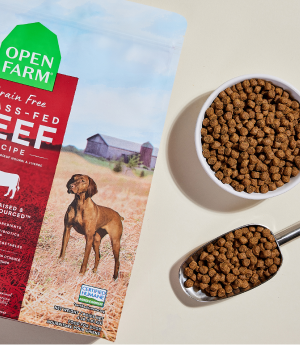
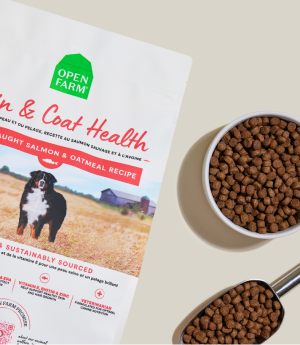
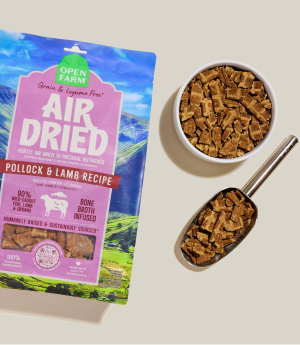
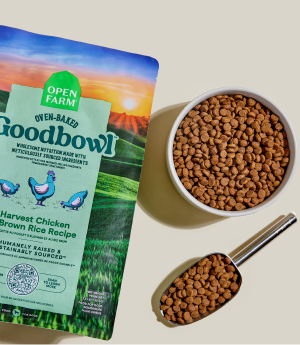
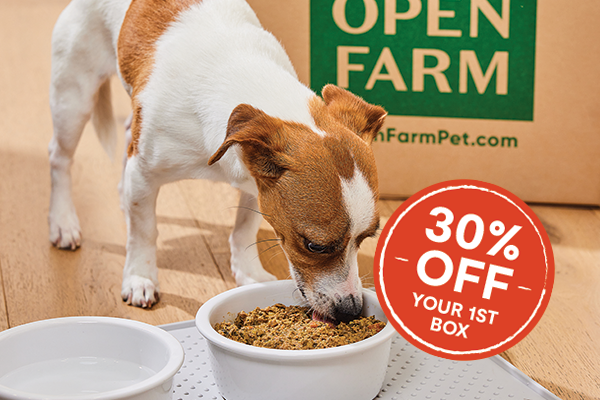

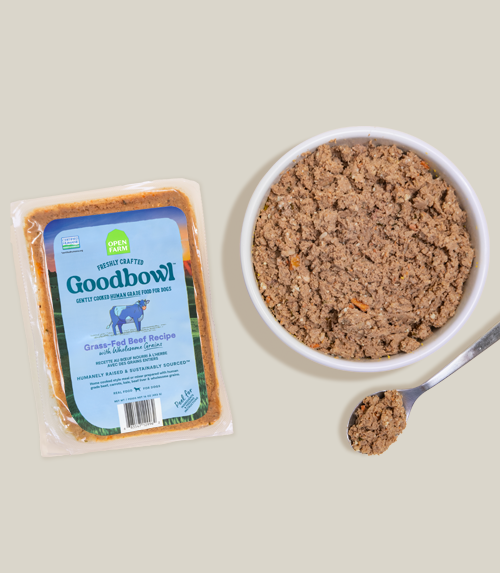

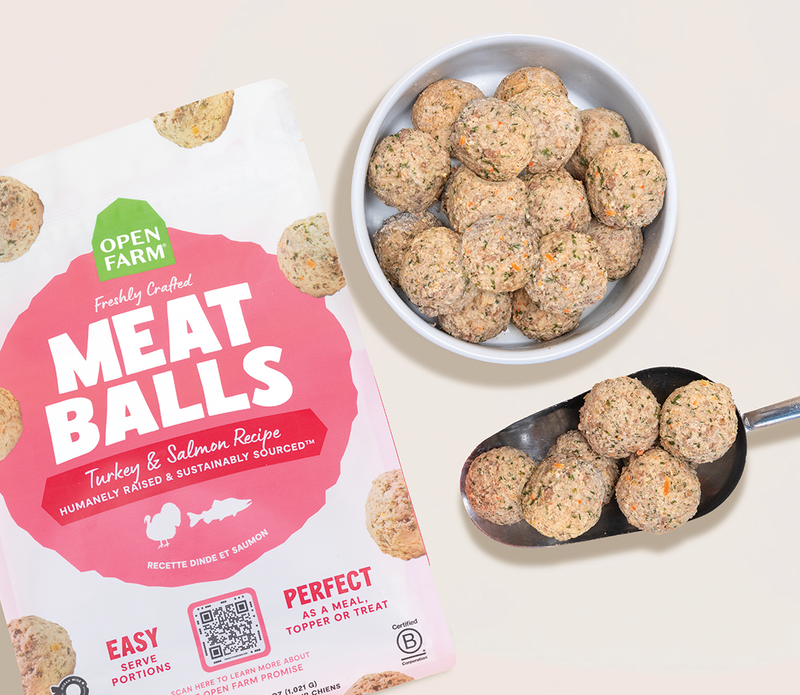
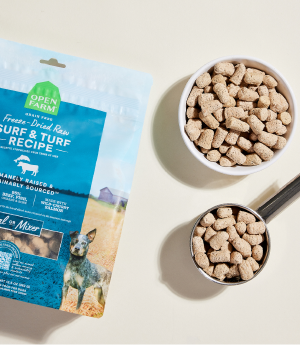
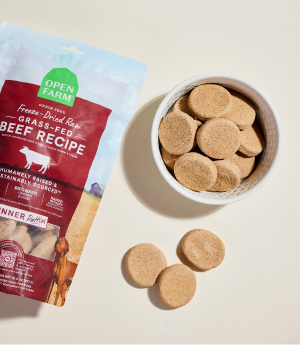
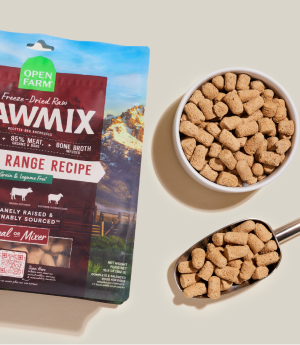
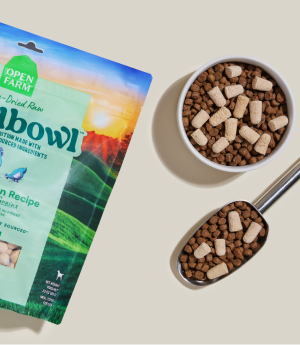
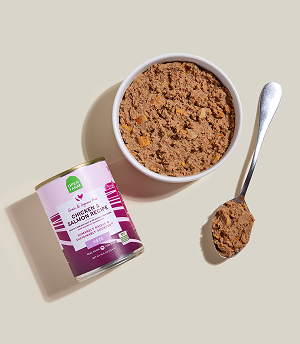
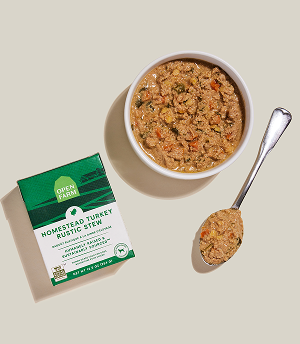
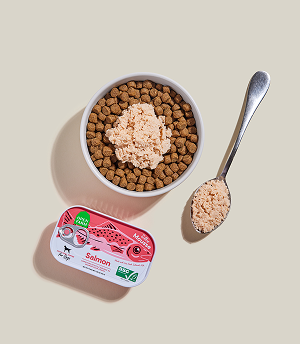
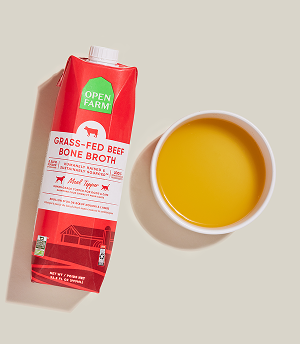

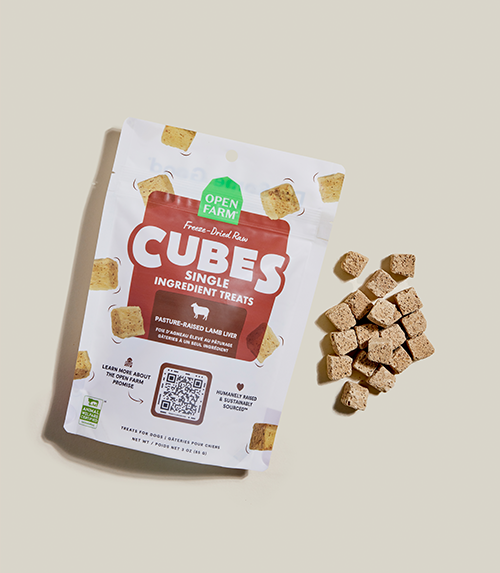
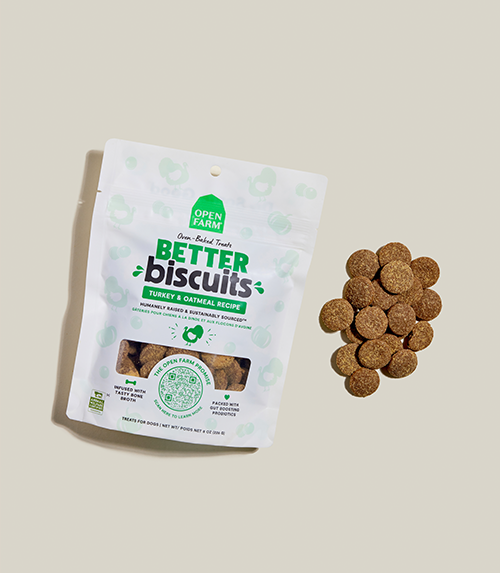



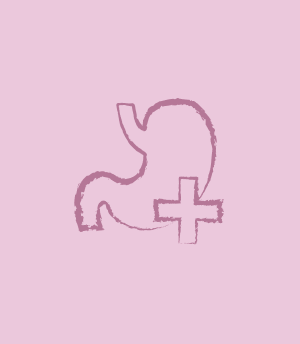







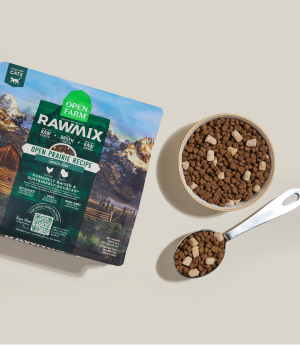
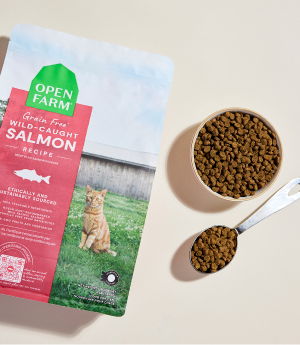
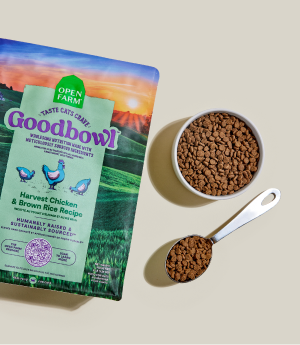
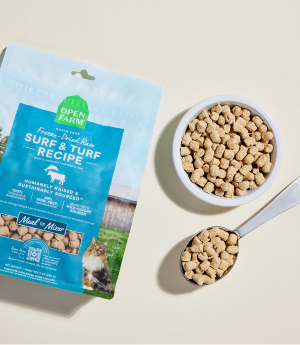
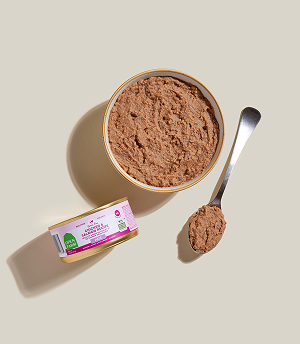
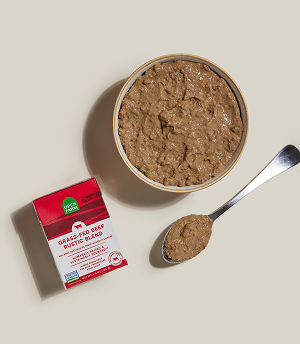
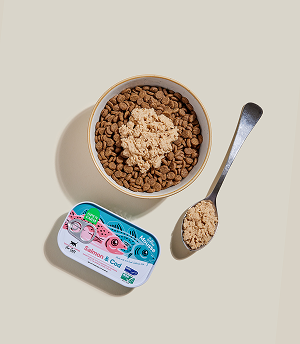
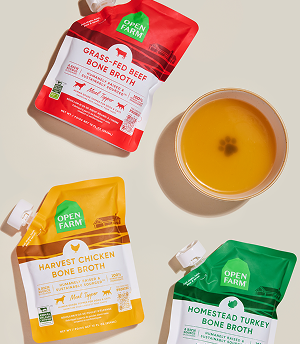
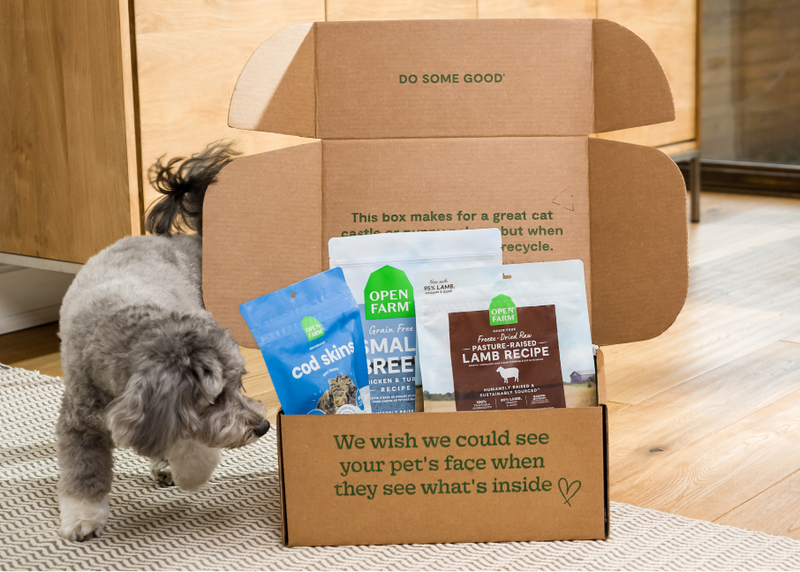
 Sign In
Sign In
 Create Account
Create Account




